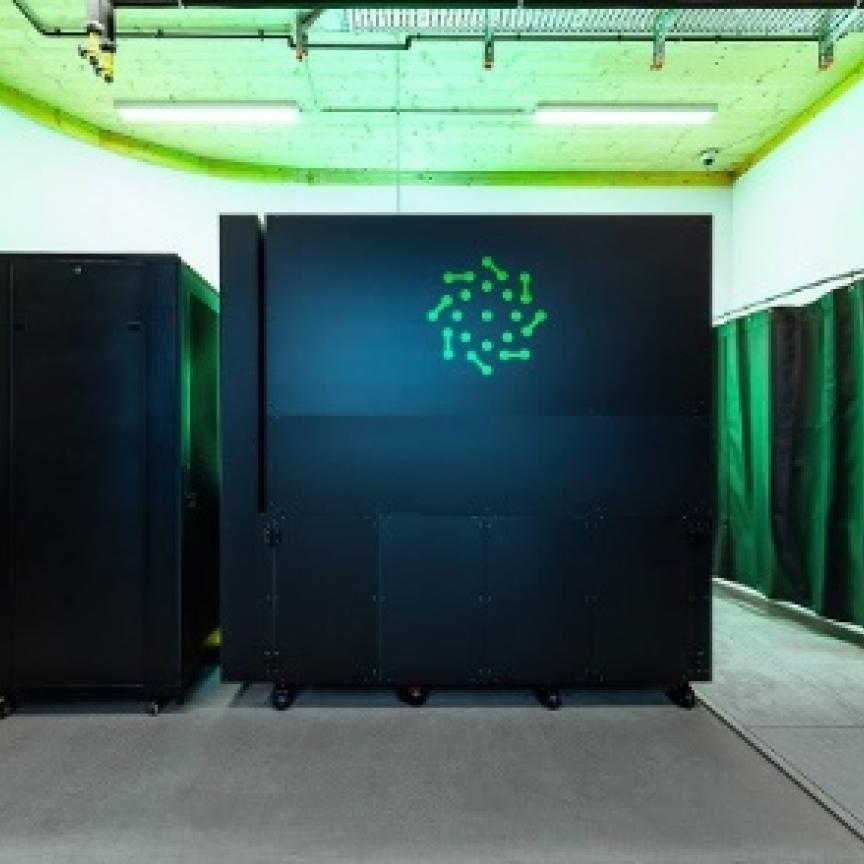Google Cloud Platforms (CGP) is aiming to increase its presence in the world of academic research with two agreements and a range of initiatives in the US and in Europe.
GCP has completed an agreement with GÉANT, the research and education platform that has 50 million users at 10,000 institutions across Europe.
Google’s new agreement with GÉANT will allow for broader collaboration across the extensive network, offering GÉANT members special educational discounts to access GCP.
Andres Steijaert, project leader for cloud services at GÉANT, said: 'We are delighted that Google Cloud Platform is joining the GÉANT Cloud Portfolio and can now be used easily via a ready-to-use agreement, through GÉANT. The machine learning and AI features open up a wide range of exciting opportunities for education and research.'
Together scientists, educators, IT leaders, and the 38 National Research and Education Networks (NRENs) in GÉANT can now make direct Google connections at reduced cost to put their data to work to discover meaningful insights with the potential for global impact.
GCP will be available to GÉANT member institutions through Cloud Technology Solutions (CTS), one of the world’s largest cloud infrastructure experts.
Meanwhile, the National Science Foundation (NSF) and Internet2, a computer networking consortium, have partnered with commercial cloud providers including GCP, to accelerate scientific discoveries and promote collaboration. The first project, Exploring Clouds for Acceleration of Science (E-CAS), invites proposals to investigate the benefits of large-scale computing for scientific workflows – such as leveraging faster processing speeds, machine learning, serverless applications, and real-time analytics.
'Our investments in E-CAS, Campus Cyberstructure (CC*), and related efforts aim to enable access to cloud computing services by the broader science and engineering community that NSF supports,' comments Manish Parashar, director of the Office of Advanced Cyberinfrastructure at the NSF. 'We see cloud resources as a vehicle to allow the community to leverage innovative technologies and capabilities to significantly accelerate research and education.'
Other research initiatives include:
Supporting innovative programs in government agencies like the Division of Research, Innovation, and Ventures (DRIVe), established by the Biomedical Advanced Research and Development Authority (BARDA) to foster entrepreneurial solutions to urgent public health challenges. Using GCP, a research team at Emory University’s School of Medicine built deep learning software to predict the onset of sepsis in hospitalised patients.
Now DRIVe can help develop and implement that platform to reduce the approximately 270,000 deaths from sepsis in the United States each year; Improving infrastructure through programs like Cloud Exchange and Cloud Connect that allow researchers to access GCP’s Dedicated Interconnect network for high-capacity and secure data paths; Updating existing funding programs to include cloud resourcing like the NSF’s Campus Cyberstructure (CC*) program which improves the networks and platforms that academics rely on for their data-intensive projects; and Expanding GCP research credits program, previously available to academic researchers in 30 countries, to include Norway and India as well. All academics from qualified regions are encouraged to apply. Learn more on our website or apply now.


